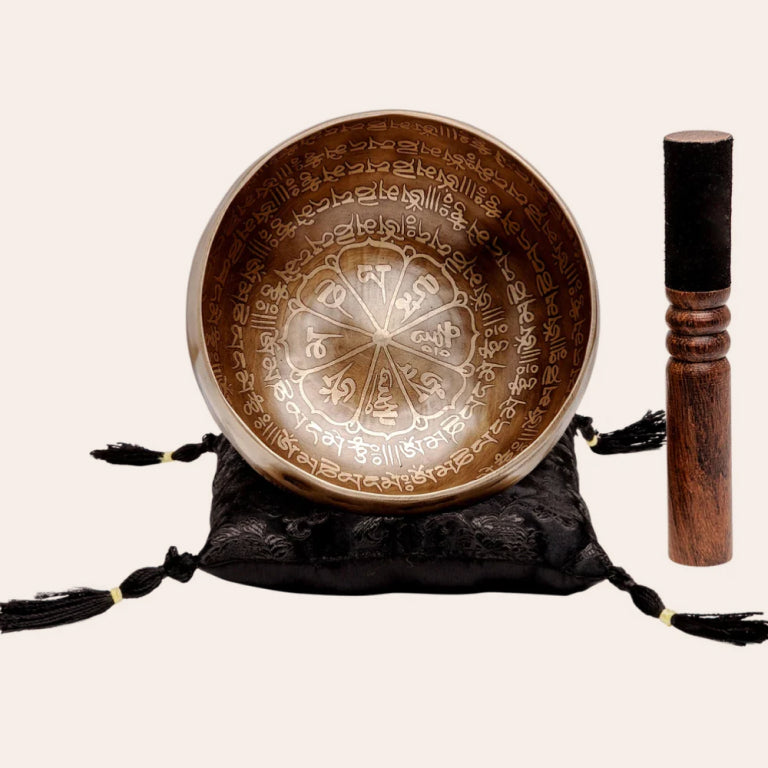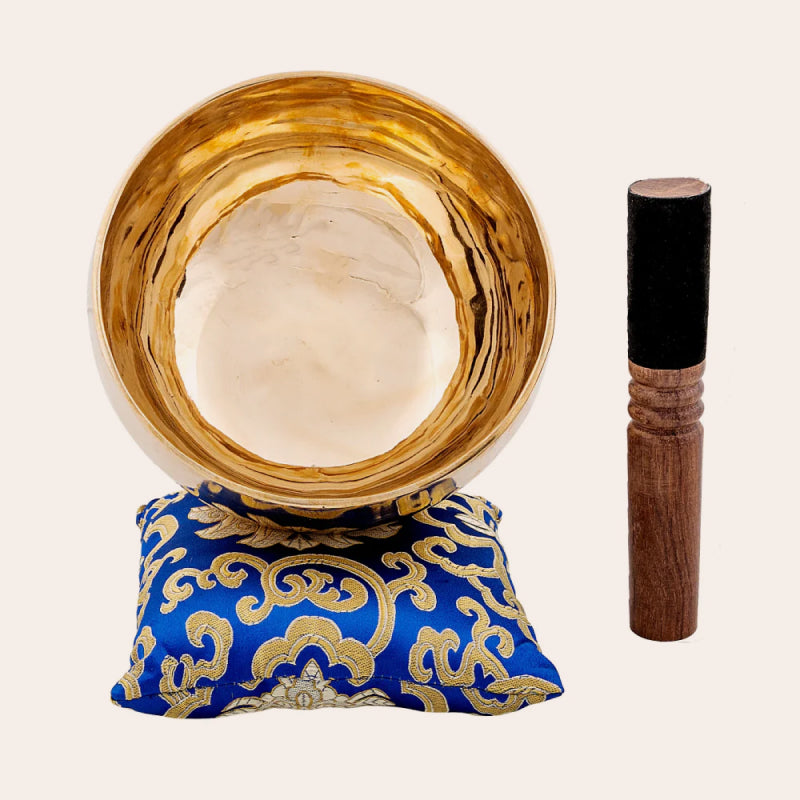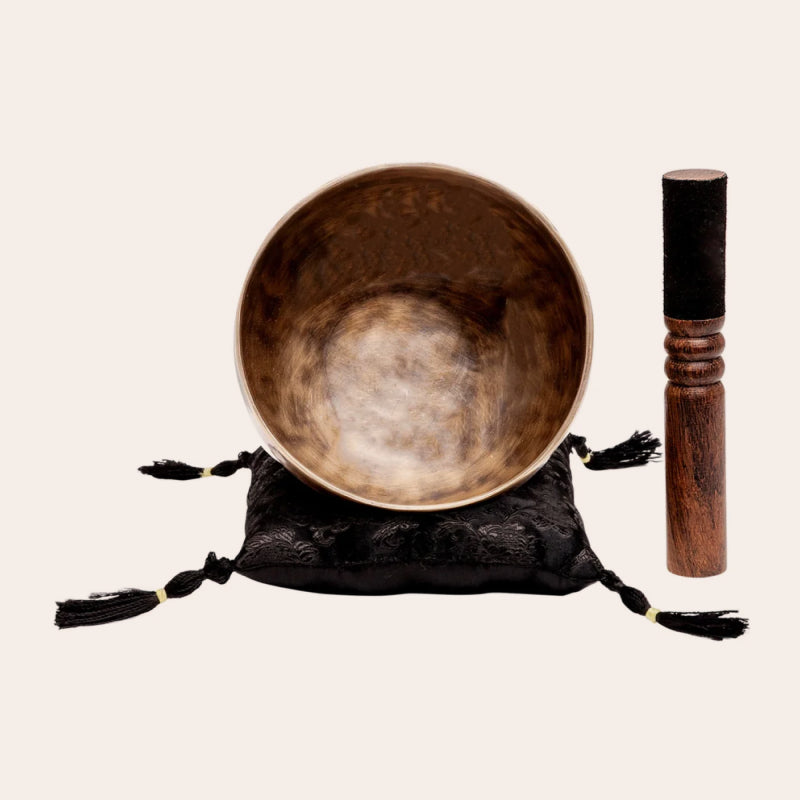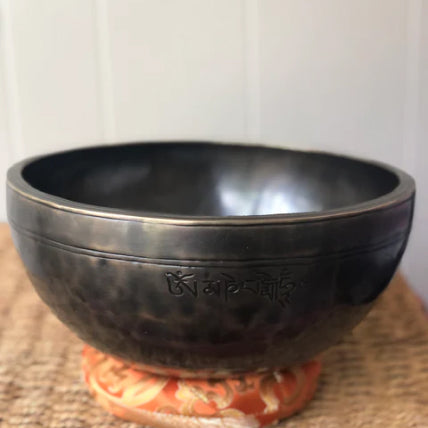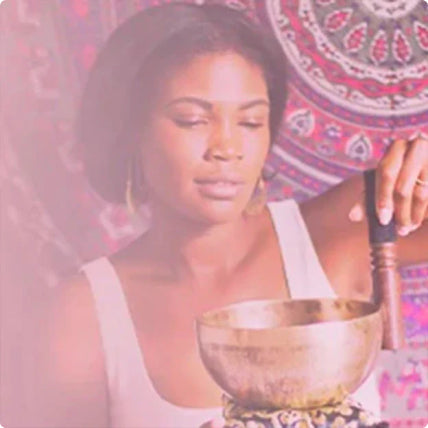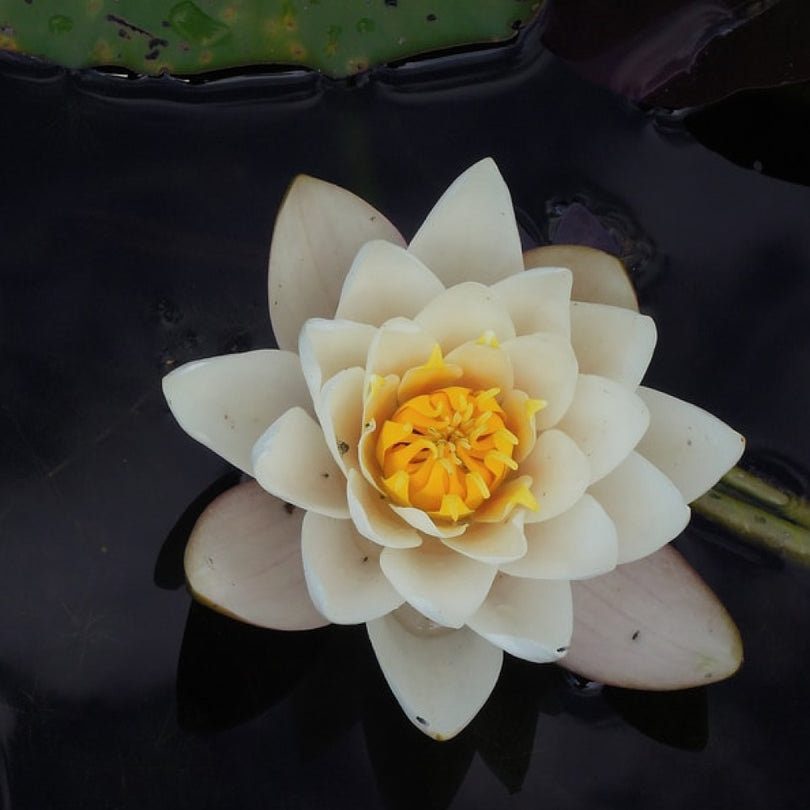Why and How Smell Takes Control of Our Emotions? 8 Positive Ways To Use It
We've all time traveled through the power of scent.
It came at a time when a familiar smell wafted into your nose, and you were transported back to a time, a place and a feeling.
Once I walked into my friend's house. And their room freshener instantly took me 20 years back to my grandma's room. I also remember having a warm and lovely time that day.
How do scents and smells connect to our memories and emotions? Why does it happen? How can we use smell as a way to impact our emotions?
When you smell something, the scent travels into your brain's emotional center and further into an organ that registers it with your emotional state at the time. That's why we associate certain scents with positive memories. You can use one or more essential oils (or other scents to anchor emotional states you'd like) to nurture positive emotions.
Today, we'll go through the psychology of smell and its relation to emotions. I'll break down the science as simply as possible. So, leave a comment or ask us a question if anything sounds overwhelming to you.
Stick with the whole article, at the end, there's a memorable scent cocktail with eight incredible smells waiting for you.
Ready? Let's breathe in!
Psychology Of Scent And Its Connection To Emotions: Simplifying The Science
"Smell is a potent wizard that transports you across thousands of miles and all the years you have lived"- Hellen Keller.
All of our brains are "the same," in form, but their unique wiring sets us apart from each other. Interestingly, some of that wiring is a direct result of our memories.
Is that why smell triggers memories?
The short answer is that smell has the most potent memory connection out of all our five senses. That's why it's called the odor-evoked autobiographical memory by scientists.
The long answer starts with defining smell as a chemical particle.
When you smell something, the chemical particles of scent float in through your nose into the brain, where sensations are processed (hypothalamus).
The hypothalamus is the emotional center of our brain. More clearly, it controls our emotions like happiness, anger, sadness, frustration, calmness, joy, and pleasure.
The "scent-data" is then moved into a part of the brain that controls memory and learning called the hippocampus. This travels via the amygdala that attaches your senses to specific memories or emotional states.
So simple, right?
Why Are Positive Scents So Important?
Now you know why we can suddenly remember forgotten things from ages ago from a two-second whiff, whether you're walking on the street, into your friend's house, or strolling randomly.
Every time we smell something, our emotions get intertwined to register with those exact scents in the brain.
The important thing to remember is that smell is the only sense with direct access to our brain's emotional and memory centers.
All other senses first travel to a brain region called the thalamus, which acts like a "switchboard," relaying information about the things we see, hear or feel to the rest of the brain, says John McGann, a psychology professor at Rutgers University, New Jersey.
How To Use Scents To Influence Your Mind?
While memories affected by scent aren't physically accurate, we can use the sense of smell to impact how we feel.
For instance, suppose you take a warm relaxing bath with lavender aromatherapy for a month. Eventually, you'll end up associating the smell of lavender with however relaxing your bath was.
You might not remember the warmth of the water or the nook and cranny of your bathroom. Still, the emotions stay intact in the brain with the relaxing scent of lavender oil.
Finding scents that positively affect your state of mind is the first step for using them positively. There are plenty of therapeutic-grade essential oils in the market today if you want to start right away.
I recommend using an aroma diffuser because it's the best way to fill every part of my home with a scent and mood I prefer.
But if that's not an option, you can simply open the bottle of your favorite essential oil and inhale a few times deeply to sense different notes.
I love dabbing a few drops of citrus scents to my pillow before sleep too. You can do that or even add a few drops to your bath too.
Another popular way to use scents is the topical application. Massaging it on your palms, feet, and chest works the best this way. You can also apply essential oils to different parts of the body. Don't forget to do a patch test beforehand to be on the safe side!
As a word of caution, do not apply essential oils on broken skin, wounds, burns, or internally. They should STRICTLY be used externally unless you are very comfortable with what you're buying, and from whom you're buying.
Our Favorite 8 Scents For Well-Being
Some scents are scientifically proven to be more relaxing than others. Most scientists and psychologists recommend lavender, citrus, ylang-ylang, rose, jasmine, vanilla, geranium, and clary sage for stress and calmness.
I realized this was a proven fact when I came across this on Initial.
A Japanese firm saw productivity rise by 54% by simply diffusing lemon oil through the office.
Instead of finding that Japanese office, why not find the best scents on your own?
At The Ohm Store, we put together an essential oil alchemical blend of eight uniquely sourced plant oil extracts, by collaborating with the expert founder and holistic pharmacist at Essential Oil Wizardry.
Let's look at the eight different oils in our scent cocktail.
Ylang Ylang
Made from a star-shaped flower from tropical countries, Ylang Ylang smells sweet and floral. It's used in aromatherapy to promote relief from stress, lower blood pressure, and even as an aphrodisiac (WebMD).
Rose Geranium
This is a lavender-colored Geranium Rose with a "floral nose"l that works against anxiety, pain, and worry (Healthline). When you take a deep breath of Rose Geranium, it comes with earthy and herby hints.
Rose Otto
Often called liquid gold, Rose Otto (or Rose Attar) is associated with honey-sweet and peppery notes. Rose Otto can ease pain, menstrual discomfort, and anxiety as it's a concentrated steam distilled form of Rose itself (Healthline).
Himalayan Cedar
A varietal of cedarwood, Himalayan Cedar smells warm, woody, and balsamic. If you look at the science, Himalayan Cedar is excellent for healthy skin and sleep apart from calming anxiety (Healthline).
Silver Fir
If you want to smell the sweet, woody, and fresh aroma of forests, Silver Fir is the way to go. As it's loaded with monoterpenes, it's excellent to boost your respiratory system, especially during allergy seasons (NCBI).
Pink Pepper
More intense than any of the other peppercorns you know, pink peppercorn essential oil has a sweet, spicy, smoky, and woody note. It's great for driving up your metabolism and immunity apart from bringing down the stress hormone cortisol (Dr. Danielle Daniel).
Myrrh
One of the Biblical scents that the three Magi gifted on Christmas, Myrrh, when extracted with CO2, is intense, spicy, and warm. It's believed to alleviate pain and swelling besides improving blood flow (Medicinal News Today).
Cocoa Absolute
A nervous system activating scent that improves your mental well-being, Cocoa has a rich sweetness and spiciness that's as intoxicating as the most aromatic chocolate you've devoured. It can help with fatigue, stress, and depression (Natural Life App).
Start Using Scents To Nurture Positive Memories
Smell is a powerful sense. Although, your sense of smell goes down with age, like physical fitness.
However, you can work out your scent muscles with the right essential oils to keep your memory and emotional center intact, just like a physical workout does. I'm not making it up, but Harvard Gazette vouched for this!
Now that you know so much about the relationship between scent and memories, it makes sense to say the sense of smell is much like a portal into our memories, right? Maybe that's why the loss of smell is directly linked to one's ability to form close relationships with others.
Why not find one or more scents designed to uplift your emotions? If you're wondering where to find that, we've got your back!
Check more about our Ohm Blend Oil of the eight ingredients if you're interested in infusing the power of positive scents for well-being.

